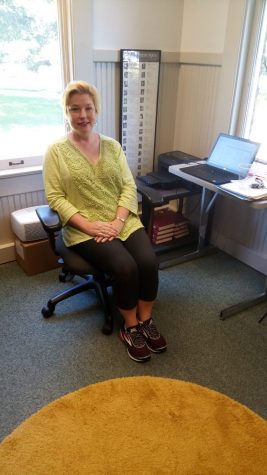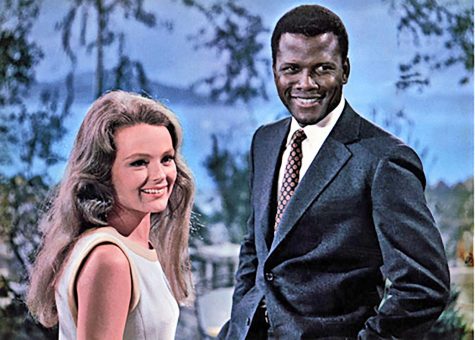Project spurs creativity
Every year, November brings chilly weather, Thanksgiving and NaNoWriMo.
National Novel Writing Month is an annual novel- writing project in which participants are challenged to complete a 50,000-word original novel project in one month. The purpose of the project is to encourage people to write, especially the ones who have thought about writing a novel but are daunted by the time and energy commitment associated with doing so. It encourages professionals and amateurs alike to dedicate one month to writing an entire novel.
NaNoWriMo was founded in San Francisco, Calif., when a few friends began what they called “noveling.” This creative writing goal began 12 years ago with only 21 participants in the first year.
The friends sat around, loaded up on junk food and caffeine and typed away at their computers for hours on end.
“[We] wanted to write novels for the same dumb reasons twenty-somethings start bands,” said founder Chris Baty on the NaNoWriMo website. “Because we wanted to make noise. Because we didn’t have anything better to do. And because we thought that, as novelists, we would have an easier time getting dates than we did as non-novelists.”
When the project first began, the writing month was July, but it was moved to November in the second year “to more fully take advantage of the miserable weather.”
NaNoWriMo’s popularity has been growing over the years, and in 2009 nearly 170,000 people wrote over 2.4 billion words in the event.
To participate, students can go to the website, sign up and begin writing. A participant must start from scratch—nothing written before Nov. 1 is allowed in the novel. If 50,000 words of fiction are written by Nov. 30 at midnight, the participant “wins,” no matter if the story follows any real plotline or central idea. To quote the website: “Win or lose, you rock for even trying.”
The project is about quantity, not quality. The word count of 50,000 words in one month equals to 1,667 words a day, every day. Due to the time crunch, the project forces participants to stop overanalyzing each sentence and just write, without being afforded the luxury of obsessing over the quality of the work.
There are no prizes for completing the novel except personal satisfaction and a certificate. The main goal is simply to accomplish the challenging feat and end the project as a novelist.
The list of reasons for participation on the website is long: “To actively participate in one of our era’s most enchanting art forms! To be able to make obscure references to passages from our novels at parties. To be able to mock real novelists who dawdle on and on, taking far longer than 30 days to produce their work.”
The website says that past participants “started the month as auto mechanics, out-of-work actors, and middle school English teachers. They walked away novelists.”
NaNoWriMo veterans have a lot of tips on how to make it through the month. Many claim that they could not have done it without the community forums, and without the company of the supporters who are also engaged in NaNoWriMo.
There are various groups that meet all over the country during the month of November to help and encourage people to continue writing, ensuring that participants don’t have to go through the seemly impossible task of writing a novel in one month alone.
Another thing veterans encourage newcomers to do it just write and not edit; editing the novel slows down the process and causes participants to lose a lot of precious writing time. Former winners encourage having a plot or some sort of outline mapped out, so as to not get stuck suffering from writer’s block.
Many also encourage the idea “Write or Die,” emphasizing the importance of the self-discipline it takes to sit down and write for hours out of the day.
NaNoWriMo claims to be a creative process that welcomes and rewards any writer willing to take up the challenge. In fact, one novel created during the month, Sarah Gruen’s “Flying Changes,” was even a New York Times bestseller.
Anyone who has always wanted to write a novel but was too afraid to try now has a chance to show and improve his or her creative ability through this project.
The task is not impossible, as proved by the many people who have finished it. It just takes time, discipline and, as veterans say, more than a few cups of coffee.





